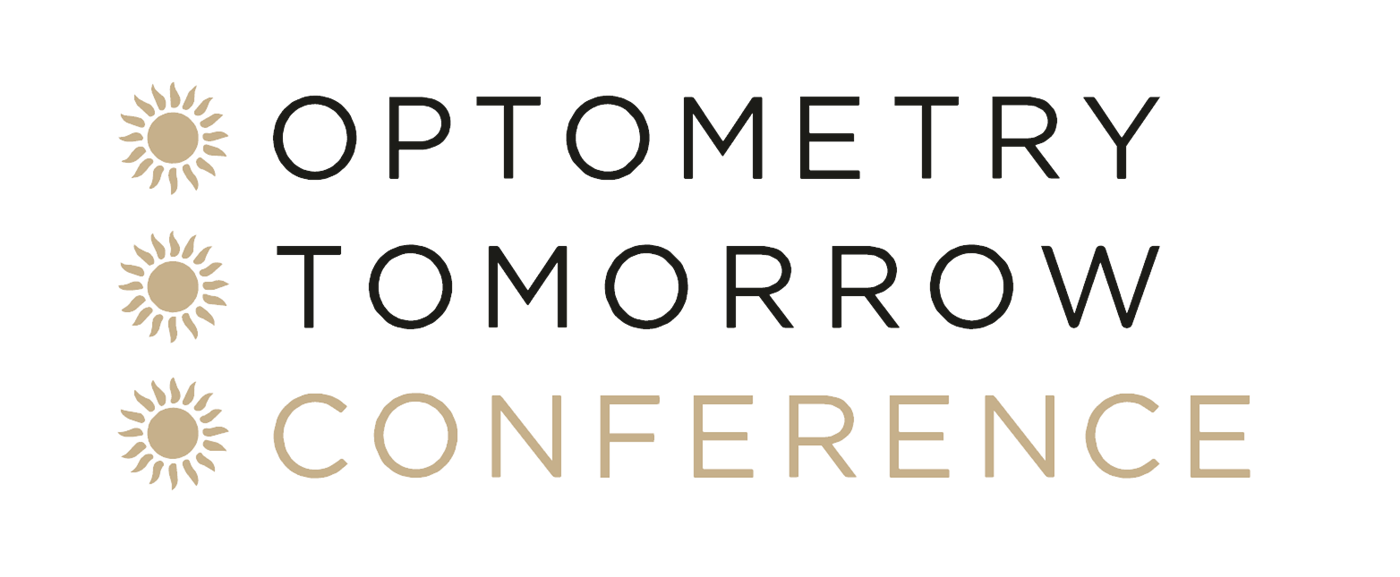KEYNOTE LECTURE: 20 YEAR ANNIVERSARY
1 CPD
Transforming eyecare with artificial intelligence (AI)
About the session
CPD ref: C-107771
Description
This keynote lecture will describe the basic concepts of artificial intelligence (AI) and explain how AI systems can be applied in eyecare. It will identify which systems are now commercially available and which systems are still at early stage research only and explain the process for translation of these systems "from code to clinic". It will also explain the strengths and weaknesses of current clinical AI systems along with describing the emerging field of "oculomics", using the eye as a window to systemic health.
Target audience
- Optometrist
- Dispensing optician.
Domains and learning outcomes
Leadership and accountability
- s.12 Ensure a safe environment for your patient
- Able to understand the strengths and weaknesses of current, commercially available AI systems.
Clinical practice
s.5 Keep your skills and knowledge up to date
- Able to identify AI systems that are currently available for use in optometry and ophthalmology, both in the UK and globally
- Understands AI systems that are likely to emerge in the UK in the next three to five years
- Understands which systemic diseases (e.g., high blood pressure) which may be detectable on retinal examinations using AI.
Speaker

Professor Pearse Keane

Pearse Keane is Professor of Artificial Medical Intelligence at UCL Institute of Ophthalmology, and a consultant ophthalmologist at Moorfields Eye Hospital, London. Since 2020, he has been funded by UK Research & Innovation (UKRI) as a Future Leaders Fellow, and in 2023 he became a National Institute for Health Research (NIHR) Senior Investigator.
He is originally from Ireland and received his medical degree from University College Dublin (UCD), graduating in 2002.
In 2016, he initiated a collaboration between Moorfields Eye Hospital and Google DeepMind, with the aim of developing artificial intelligence (AI) algorithms for the earlier detection and treatment of retinal disease. In August 2018, the first results of this collaboration were published in the journal, Nature Medicine. In May 2020, he jointly led work, again published in Nature Medicine, to develop an early warning system for age-related macular degeneration (AMD), by far the commonest cause of blindness in many countries. In 2023, he led the development of RETFound, the first foundation model in ophthalmology, published in Nature and made available open source.
